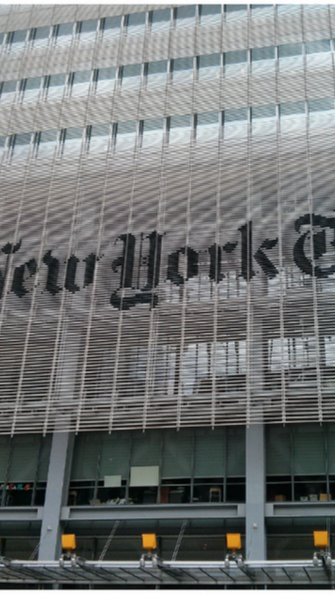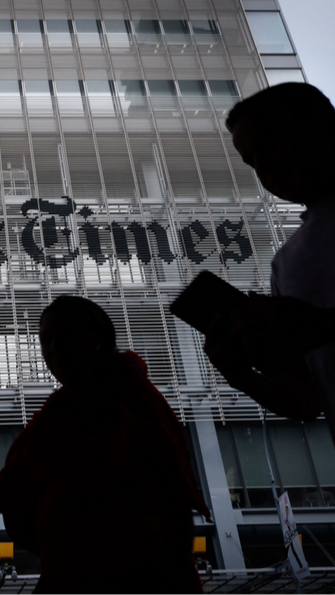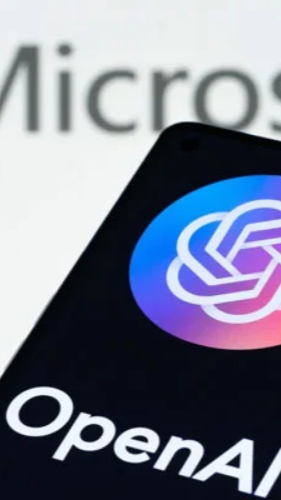


The New York Times has sued OpenAI and Microsoft over using its content to train generative artificial intelligence and large language modeling systems, a move that could cost the company billions of dollars.
The copyright infringement lawsuit, filed in Manhattan federal court on Wednesday (27/12), claims that while the companies copied information from many sources to build their systems, they placed special emphasis on New York Times content.
It also alleges that OpenAI and Microsoft attempted to utilize the Times' massive information without permission or payment.

The publisher's lawsuit is the latest in a series of similar cases, including one filed by more than a dozen authors in September targeting the company for use of their writing. Language learning models have received increasing attention since their popularity exploded last year.
Many news outlets are concerned that the tool will spread misinformation attributed to the model and capitalize on its content without incentives to click through to the original source.
ChatGPT launched in November 2022 and amassed 100 million users in just two months. A year later, it had over 100 million users per week.

Earlier this month, OpenAI announced a partnership with German publishing giant Axel Springer to enrich the user experience with ChatGPT.
This is done by adding current and authoritative content on various topics and explicitly recognizing the role of publishers in contributing to the OpenAI product.
"With this partnership, ChatGPT users around the world will receive curated summaries of global news content from Axel Springer media brands," Open AI said in a press release, adding that information on the system will include attribution and links to full articles for transparency and further information.

This is notes